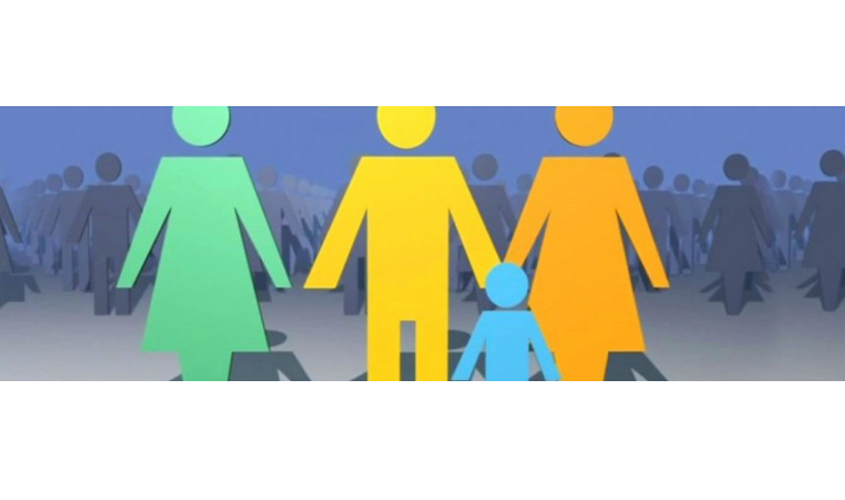Following UK’s footsteps, the India Medical Association is planning to request the Central government to begin discussions on allowing three-parent IVF (In Vitro Fertilisation) in India. Earlier this week, UK became the first country in the world to legalise making of a human baby with a three-parent technique.
The president of IMA, K.K. Aggarwal said, “I have started writing to various medical experts in the country as well as to the government to consider permitting three-parent IVF in India as well. We have all the technology that is needed. But unless it is legalised we cannot start practicing the technique. The other important requirement is of a proper framework to sort the guardianship issues of the child born out of three-parent IVF since the baby will be carrying the DNA of three parents i.e. of two mothers and one father.”
Legalisation of three-parent IVF technique in UK has come as a blessing for women who suffer mitochondrial diseases. More than 90% of the energy required to sustain life is generated my mitochondria in the cell. Mitochondrial diseases are a result of mitochondrial malfunction which can be inherited and results in chronic disorders.
The three-parent IVF technique involves transplanting nuclear DNA (contains all the characteristics which make up a person) from a fertilised egg into a donated egg which contains healthy mitochondria, or alternatively removing the damaged DNA from an egg and replacing it with healthy mitochondria and then fertilising it with the father’s sperm.
Earlier this week, UK became the first country in the world to legalise making of a human baby with a three-parent technique.
Commenting on the controversy surrounding the legalisation of the technique, Hrishikesh Pai, president, Mumbai Obstetrics & Gynaecological Society, said, “The first baby with a three-parent IVF technique has already been born in Mexico where US doctors led the procedure. Since Mexico had no regulation whatsoever, the doctors were exempted from any legal limitations. If India is to adopt the procedure then we need to closely examine the policy adopted by UK on the baby’s guardianship. Keeping in mind the challenges exclusive to India, we must ensure that this technique is not misused for feticide based on gender selection. Also, we need to closely evaluate the consequential trend of ‘designer babies’ that is being discussed now.”

